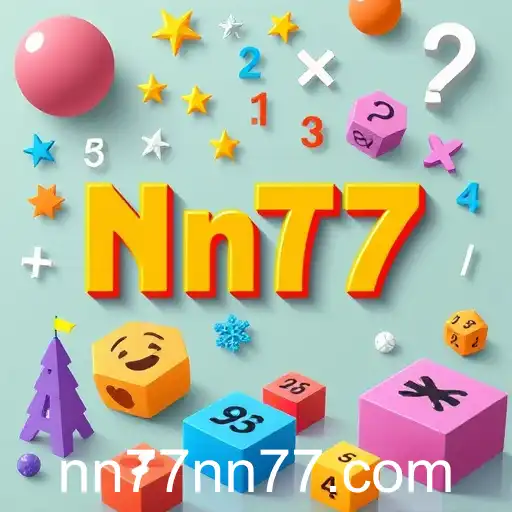nn77 | Unlocking the Power of Interactive Learning with Math Games

The digital landscape has transformed education in numerous ways, merging entertainment with learning to foster better engagement and understanding among students. One striking category capturing this integration is 'Math Games,' which has gained popularity on various educational platforms. With the keyword 'nn77' often leading search queries, this category has emerged as a key player in interactive education.
Math Games offer a spectrum of activities that cater to diverse age groups and proficiency levels, providing a fun and challenging way to grasp mathematical concepts. From basic arithmetic to complex problem-solving, these games are designed to improve logical thinking, enhance problem-solving skills, and build confidence in mathematics. The keyword 'nn77' acts as a gateway for students and educators alike, guiding them to a plethora of resources that make learning both effective and enjoyable.
For younger students or beginners, Math Games include colorful and engaging activities that introduce the fundamentals of numbers and operations. Games like counting adventures or simple addition and subtraction puzzles draw children in with bright visuals and rewarding feedback. As learners progress, they are introduced to more complex tasks such as multiplication challenges, division races, and even introductory geometry—all while playing games that mask the seriousness of the educational endeavor.
For advanced learners, Math Games present puzzles that require strategic thinking and advanced reasoning. These might involve multi-step problem-solving tasks or algebraic conundrums posing a delightful and engaging challenge. By simulating real-world scenarios within the confines of a game, students can apply theoretical knowledge practically, thereby deepening their understanding and appreciation of mathematics.
Beyond individual learning, Math Games often incorporate competitive elements, whereby students can challenge each other or compete against themselves to beat previous scores. This competitive edge not only fosters a fun learning environment but also encourages the mastery of concepts through repetition and practice.
Incorporating Math Games into the classroom can also ease the pressure from traditional assessments. By using 'nn77' to redirect students to these engaging resources, educators can provide alternative ways for students to demonstrate mastery. Tailoring these games to meet curriculum standards ensures that students are not only entertained but also educated effectively.
Moreover, the ability of Math Games to adapt to individual learning styles makes them an invaluable resource in personalized education. Students can progress at their own pace, taking time to revisit concepts or tackle new challenges based on their unique learning journeys.
In conclusion, Math Games, with the accessibility offered by the 'nn77' keyword, represent a significant advancement in educational technology. They embody a transformative approach to learning math, making it an enjoyable, interactive, and rewarding experience for learners of all ages.



